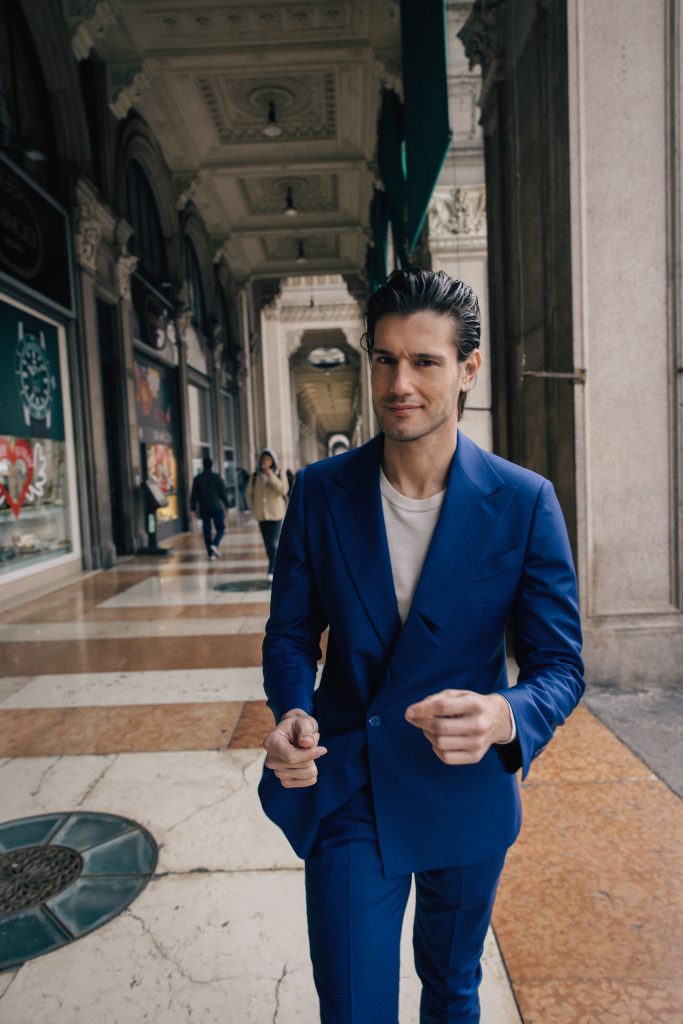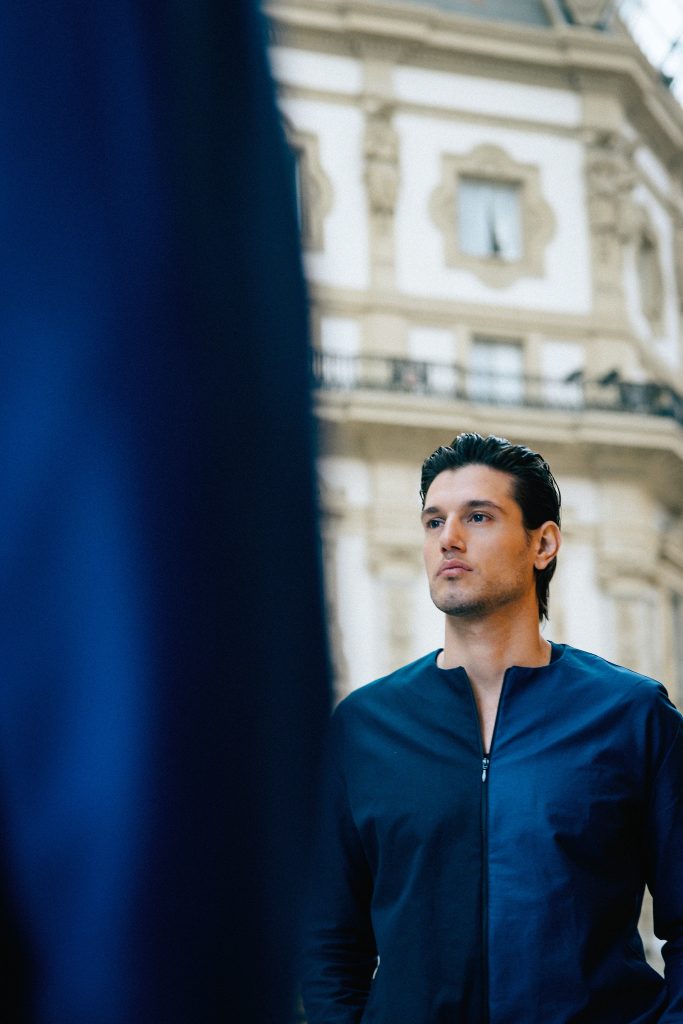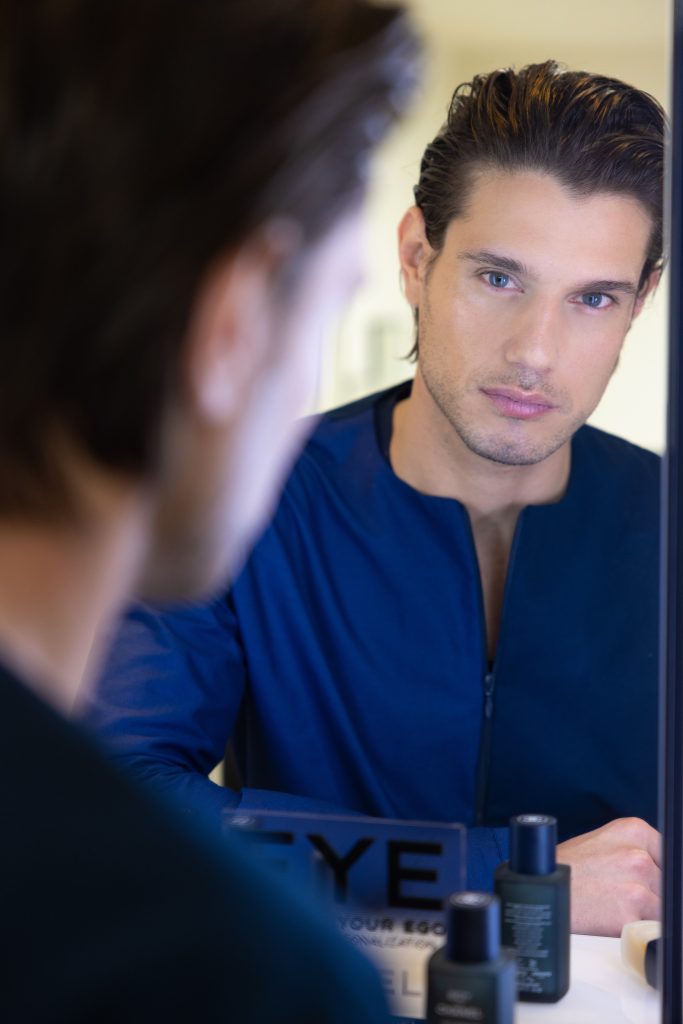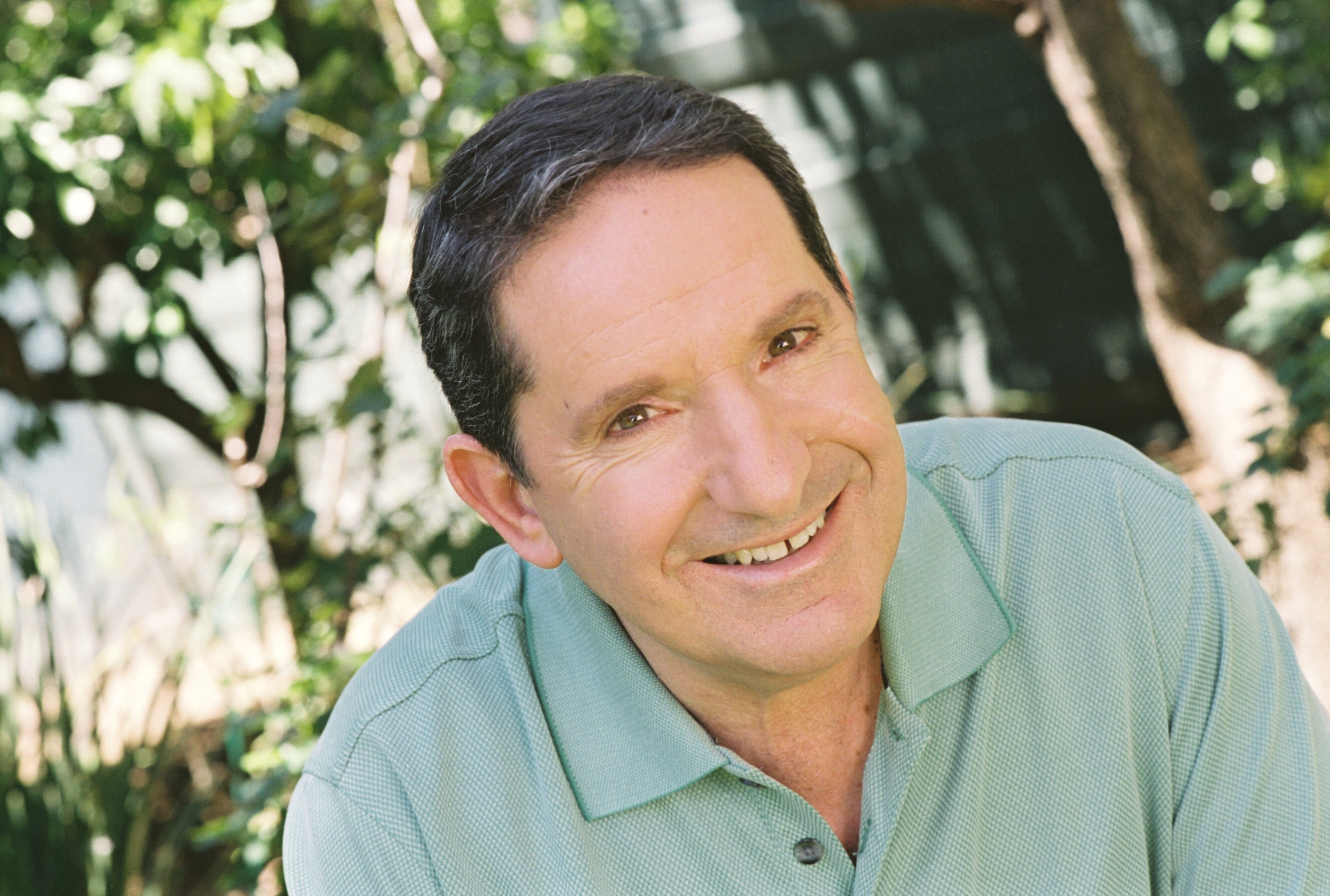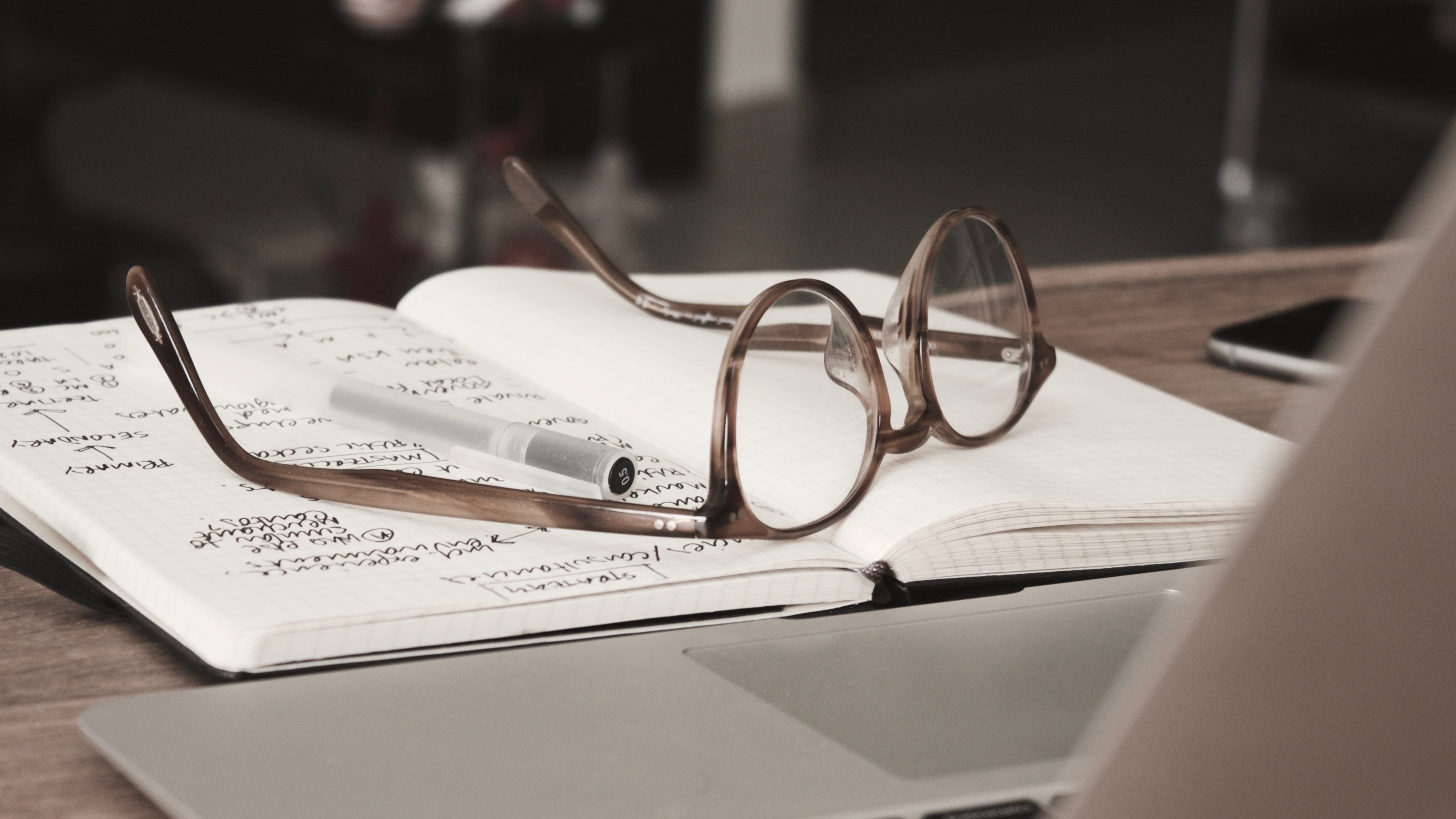Sanjeev founded The Entrepreneurs Academy with a vision to help entrepreneurs and business leaders to accelerate and maximise opportunities for growth and success by exploring opportunities, threats and solving challenges with mastermind groups, mentoring, training and accountability. This vision has proven itself to be a success, time and time again. The members of these mastermind groups and coaching clients have experienced more success and with mastermind members also benefitting from meaningful and lasting friendships and strategic business alliances with fellow Entrepreneurs Academy members.
In the early stages of Sanjeev’s entrepreneurial journey, he says he would have benefitted from more support, leadership, and positive role models. Despite the absence of this his entrepreneurial spirit won and inspired him to create an array of successful businesses and become a role model and figure of support for other business leaders and start-ups as a business coach, mentor and trainer.
Sanjeev is no stranger to the idea that the more problems you can solve the more you can succeed. He firmly believes in the unlimited power of a supportive, encouraging and experienced peer group to help you foster growth and success in business and life by sharing experience, expertise, opportunities and challenges with a safe group of like-minded winners who have no agenda other than that of support.
If I can keep making a difference, helping business owners grow their businesses, and in doing so grow our companies, that is a good overall win.
– Sanjeev Desour
You are a serial entrepreneur. How did you start this journey?
My entrepreneurial journey started at 15 which is when the flame to start a mobile disco company was born. At the time but I had seen the shortcomings of other mobile disco companies in the Asian wedding market and felt I could do things to a higher and more professional standard. These efforts paid off and went to reshape the industry as we know it today. Years later and the company I had started still embodies the same culture of high standards that was instilled back then.
I had various jobs to start saving. I saved my lunch money to start buying records and saved for equipment and also borrowed money from my brother and my mother too.
I landed my first club gig, and the promoter was impressed, as were the other DJ’s and this was where things started to take off, my next purchase was a phone so I can be contacted. I started advertising and my name was going around, and the bookings were coming in! Since then, I have started and exited a number of companies but have landed firmly within the spaces that I enjoy most. I have interests in live event production, broadcast media, marketing and of course training and mentoring. DJ’ing is my sport so that will always remain a part of who I am.
Do you remember the experience of getting your first job?
My first proper job was working after school. I would stack shelves and work in the cold rooms in a supermarket. I’d get paid a few pounds an hour, it made me feel grown-up.
What made you resign and start your own business?
While I was DJ’ing, I found that I had lots of time on weekdays as most gigs were at weekends.
I got a job with a reputable company but found that I was earning more money DJ’ing than the owner of the business…I found it hard to justify staying on and chose to focus on growing my DJ business to multiple teams.
The next phase was to start a fully-fledged event production company. This was the birth of IGNITE Events where we supply sound, lighting, set, staging, video display and technical support. IGNITE Events have become the go-to authority in that niche for personal development experts, influencers, and motivational speakers. We have produced and delivered events with Tony Robbins, Grant Cardone, Gary Vee, Les Brown, Steve Bartlet, Russell Brand and so many more.
You have been a leader in the events industry – how did covid impact your business?
When covid happened all the events we had in our diary were cancelled. The country went into lockdown but so many assumed it would be back to business-as-usual in a few months.
As time passed, we found that our clients had no way of engaging with their clients. Lacking a meaningful way to serve them and help them with what they needed in a live event like experience. I felt obligated to help.
They needed a way of doing what they do, and they needed a way to deliver events so that their businesses – and the businesses they serve – could and would continue to survive and even thrive during a very perplexed and worrying time.
They needed something more in line with a real event. Working within the restrictions imposed wasn’t easy but there had to be a way! This effort resulted in IGNITE Studios. A fully immersive, 360-degree virtual event studio, with the sound, light and stage of a real event, with screens surrounding the presenter. Hundreds of real, live delegates in real-time offered the opportunity for an engagement that paralleled our clients’ live events.
We didn’t only help our clients survive; we helped them, and their clients thrive during the pandemic. The positive knock-on effect was something I was and still am particularly proud of.
You have changed the direction of your business recently. Tell us more about it?
IGNITE Events and IGNITE Studios are two stolid businesses navigated by a great, inspired, and expert team in-place that ensures clients’ events are delivered to the highest standards. Whilst I still work on these companies, most of my time goes into coaching, mentoring, and consulting entrepreneurs and property investors.
I founded The Entrepreneurs Academy when, gathering six entrepreneurs from non-competing industries around a table to help one another grow and succeed, a decision was made to collectively help solve each other’s challenges, discuss, and explore opportunities too and the underlying theme was to help one another grow and expand our businesses but also improve our personal lives as well. I found that the members of this group made better decisions, achieved greater results, and outperformed their competition.
During Covid19 I offered free coaching services to various business owners and entrepreneurs who were going through tough times. They couldn’t afford our regular fees. It wasn’t about money to me. It was about helping others and there is no better feeling of fulfilment than in doing so.
What is your why?
I wish I had more support, leadership, and good examples as I marked my entrepreneurial journey. I also wish I had more access to real grass roots experience, education, and coaching; if I had, I truly believe I would have been able to achieve and contribute more back.
This is why I created The Entrepreneurs Academy and The Property Investors Academy. Our coaching, mentoring, mastermind groups and courses are world class!
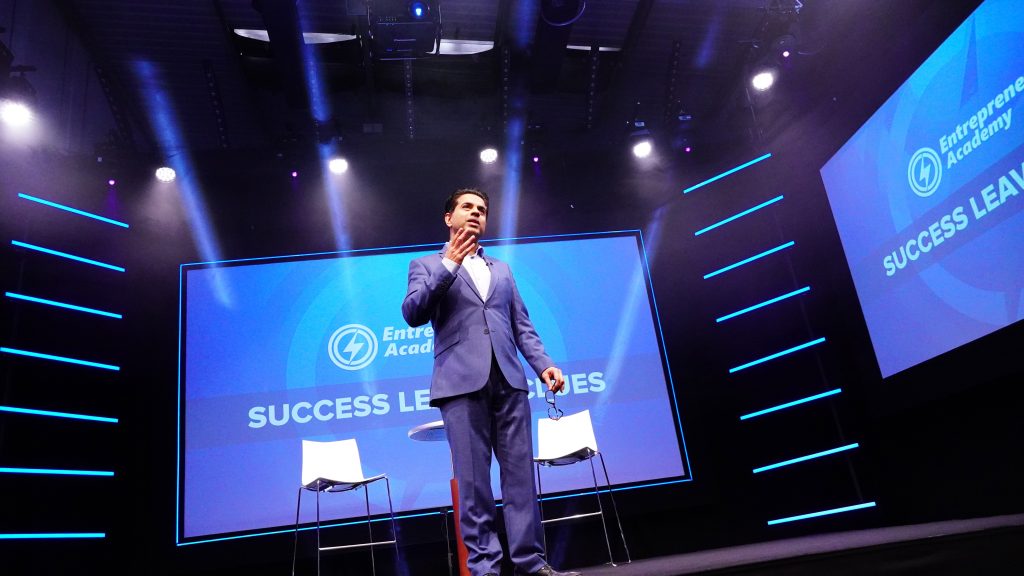
How do you manage the balance between business and family or social life?
So many aspects of life are important but what we can give our attention to is very much dependant on seasons and cycles that we are going through at any given time. It’s a macroscopic ecology – they all affect one another to form one macro view.
How important is it for you to build relationships?
The more people you can build relations with, the more problems you can solve.
The quality of your relationships has a direct correlation to the success of your business and the quality of your life at large.
The more people you can build relations with, the more problems you can solve.
Also, a prospect is more likely to become a paying client if they are ‘recommended’ and recommendations come from those you have good relationships with.
What are the biggest mistakes you have made in business?
Not having a coach or mentor sooner in my career. Constant learning and improvement are accelerated when you have someone helping you, setting outcomes and an action plan; moreover, if this person is holding you accountable the results are massively accelerated.
How do you handle criticism and failure?
I am all for getting honest, meaningful, and unfiltered feedback from people who are credible enough to comment and in fact I welcome that. I always will and always have welcomed that.
I will always consider perspective and understand that these angles of feedback may stimulate growth, so we can become better.
When failure rears its head, we must learn as much as possible—from HINDSIGHT.
Learning from the situation to ensure you can mitigate or reduce the possibility of repeated/repeating failure.
What are some of the biggest obstacles people in business face today? What are some strategies to overcoming those obstacles?
There has been so much turbulence: Brexit, covid, Ukraine, energy to inflation – supply chain issues, food shortages and the countless other changes in UK government. All of this has proven with time to be the breeding ground and recipe for severe economic instability.
Instability limits progress: stagnation stops business leaders from making macro- to micro-decisions; decisions that would have otherwise helped them grow their businesses by injecting more cash flow into a demanding economic system chokes the now-neglected economy.
People and businesses are hesitating to take bold action, the economy desperately needs businesses to grow and expand but the very abovementioned factors are causing businesses to contract.
Get a coach or mentor! Get educated and join peer groups that will support and encourage you and also share their experiences and knowledge to help you achieve success and thrive.
What do you think about women who are running their own business?
This excites me! For years business and commerce have been heavily male oriented, and we need a better balance of perspective, approach, and leadership.
Women in business create a public dynamic that encourages more women to question their ability and perhaps go for it themselves! That can only be good.
The fact remains that women are very capable and social norms have come down to erase the false stigma that business is only for men. Women can and will do greatly.
What is your vision for your business and career? Where do you see yourself in 10 years’ time?
To answer this in a world where things are changing so fast would be naive. It’s okay to have a goal or an outcome based on today’s reality but considering the pace of technological and social advancement we must accept the likelihood of change.
If I can keep making a difference, helping business owners grow their businesses, and in doing so grow our companies, that is a good overall win.
I also have notable plans for The Entrepreneurs Academy, IGNITE and The Property Investors Academy and many individuals and businesses will benefit as will the UK economy.
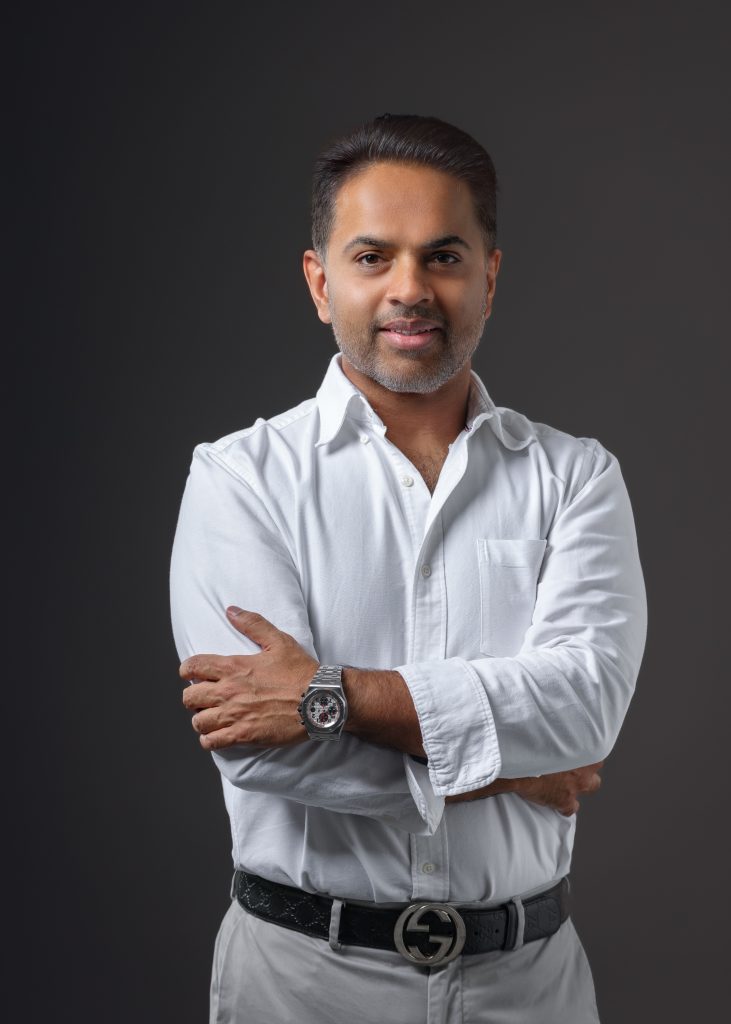


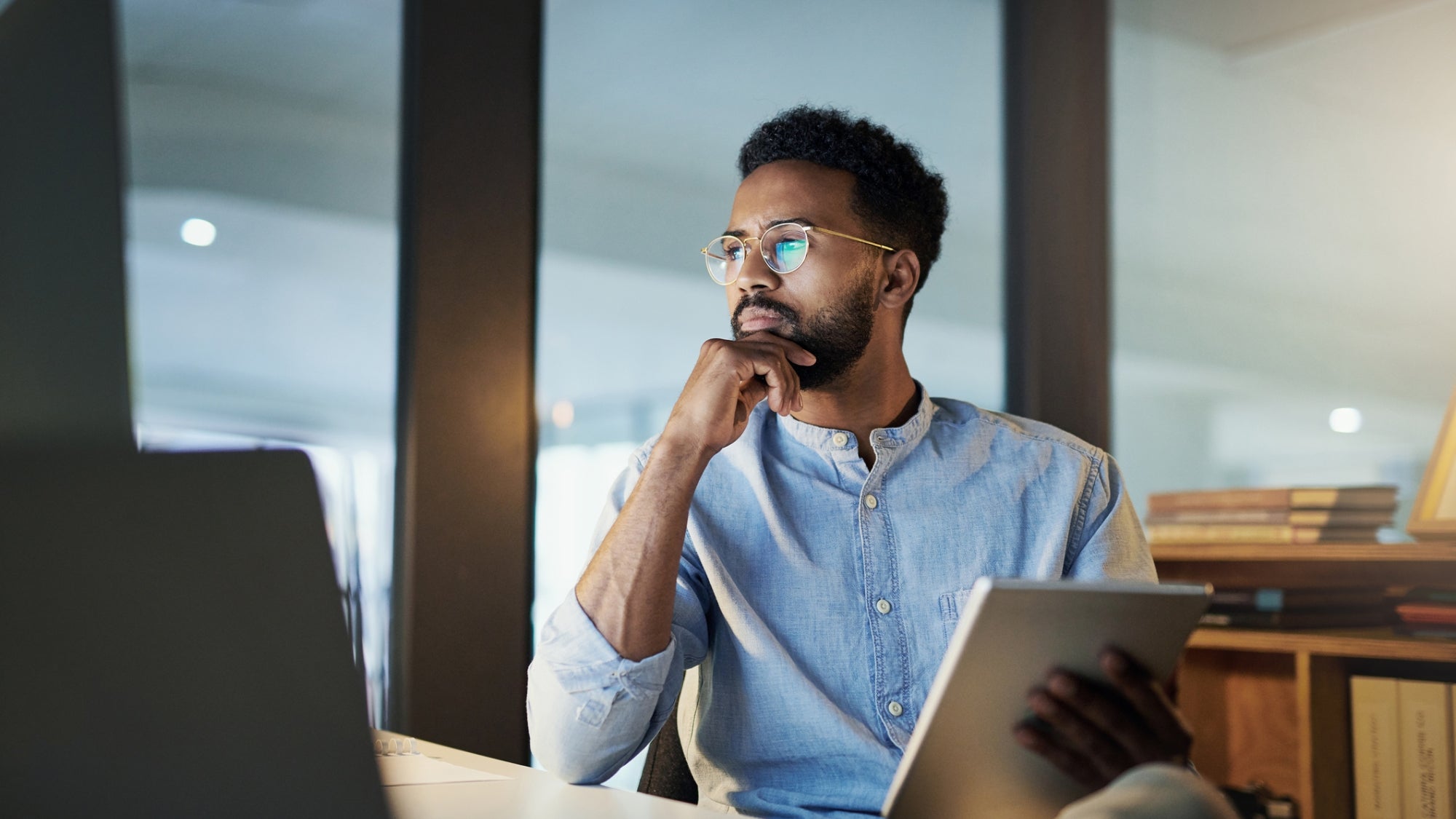
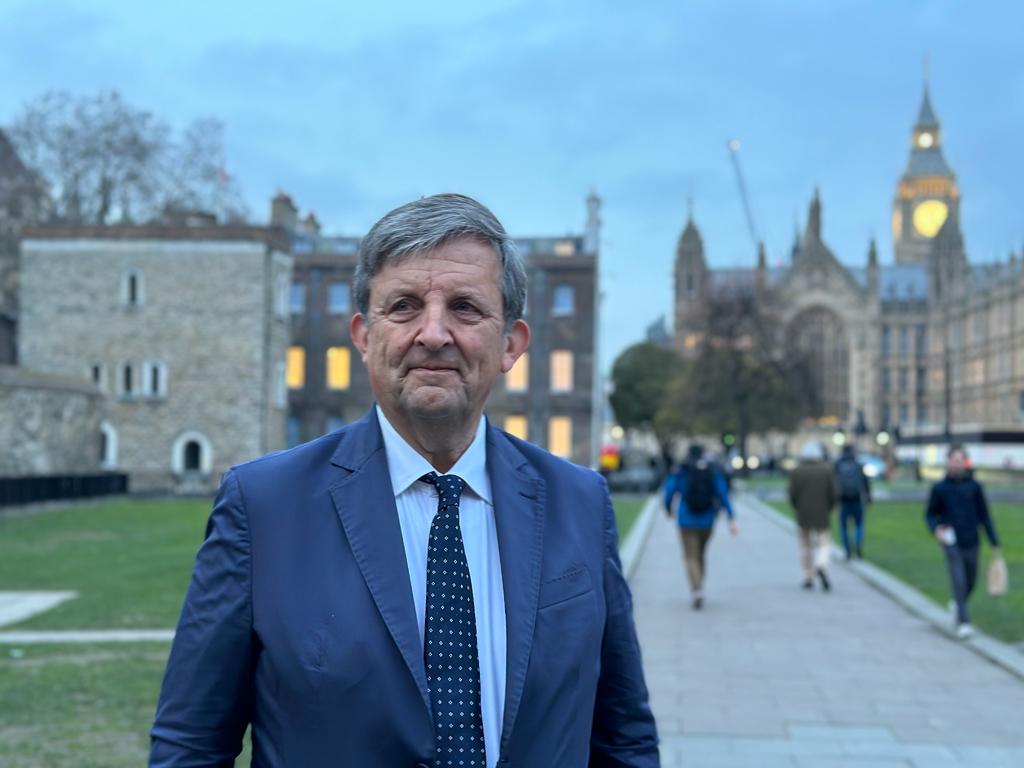

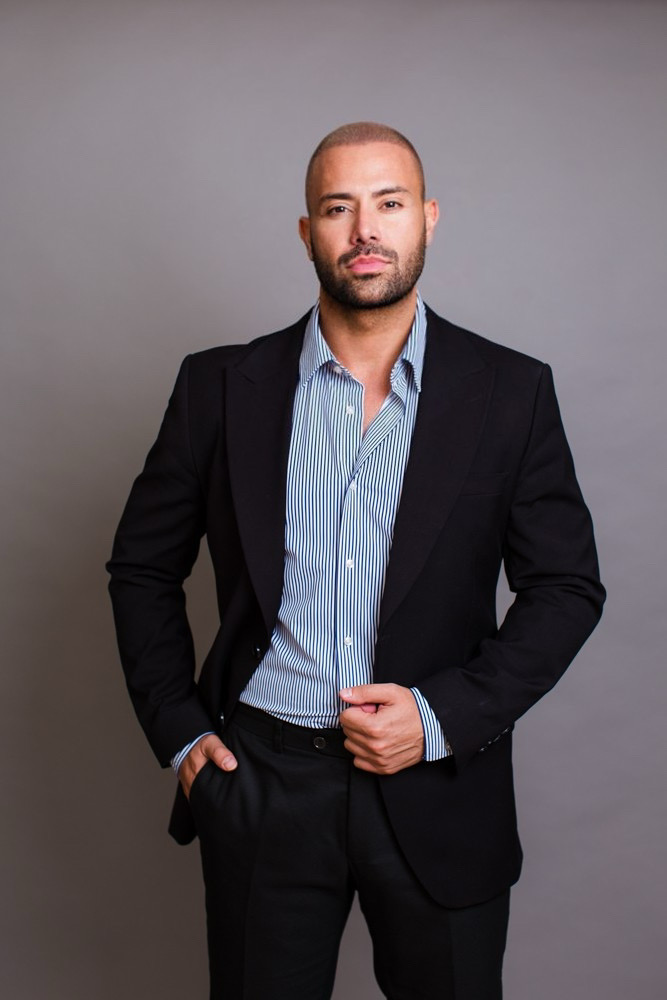

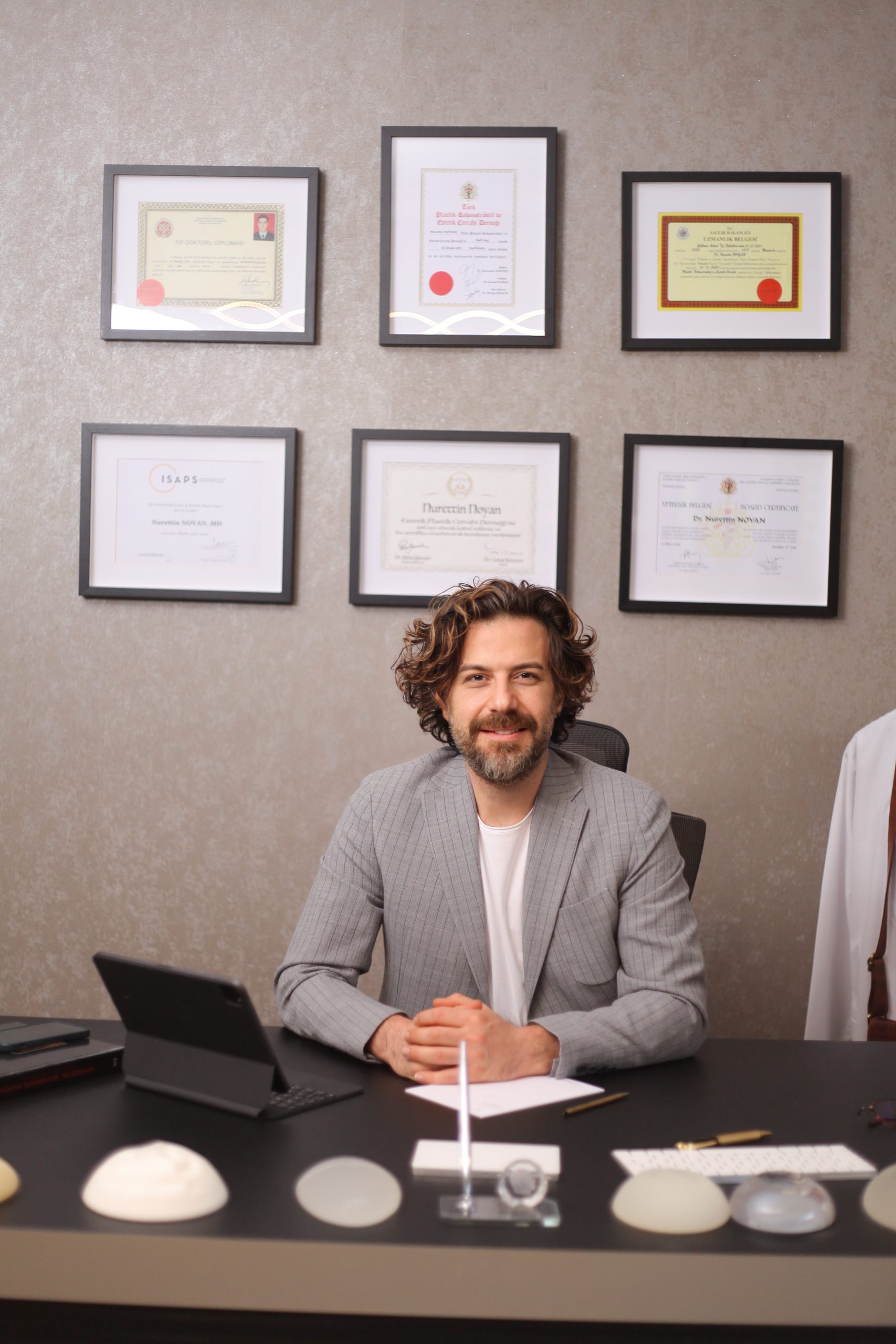
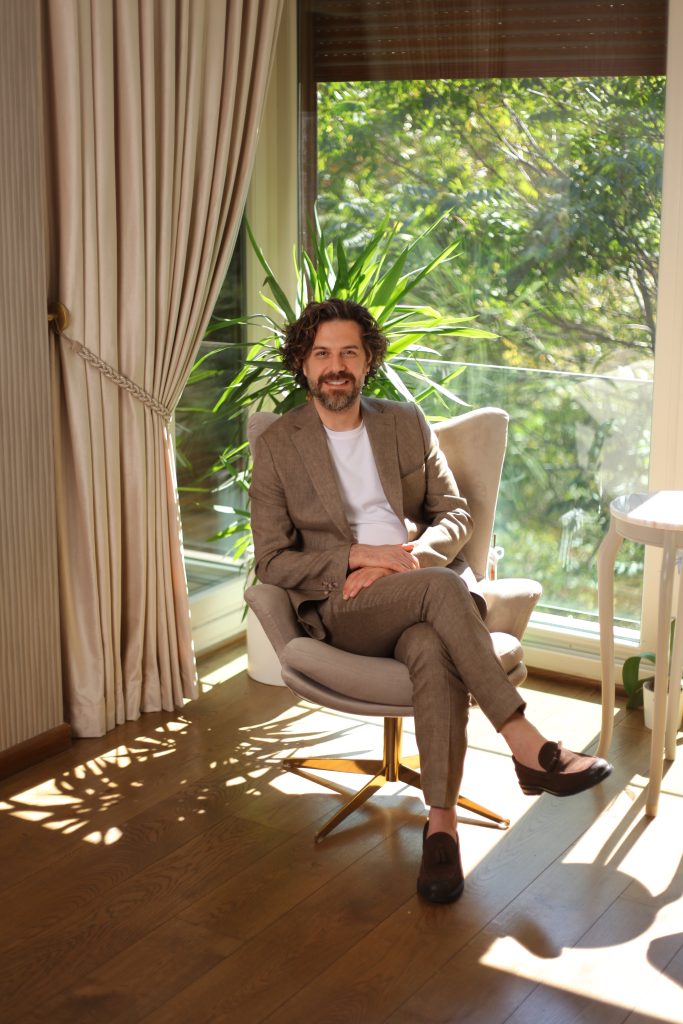
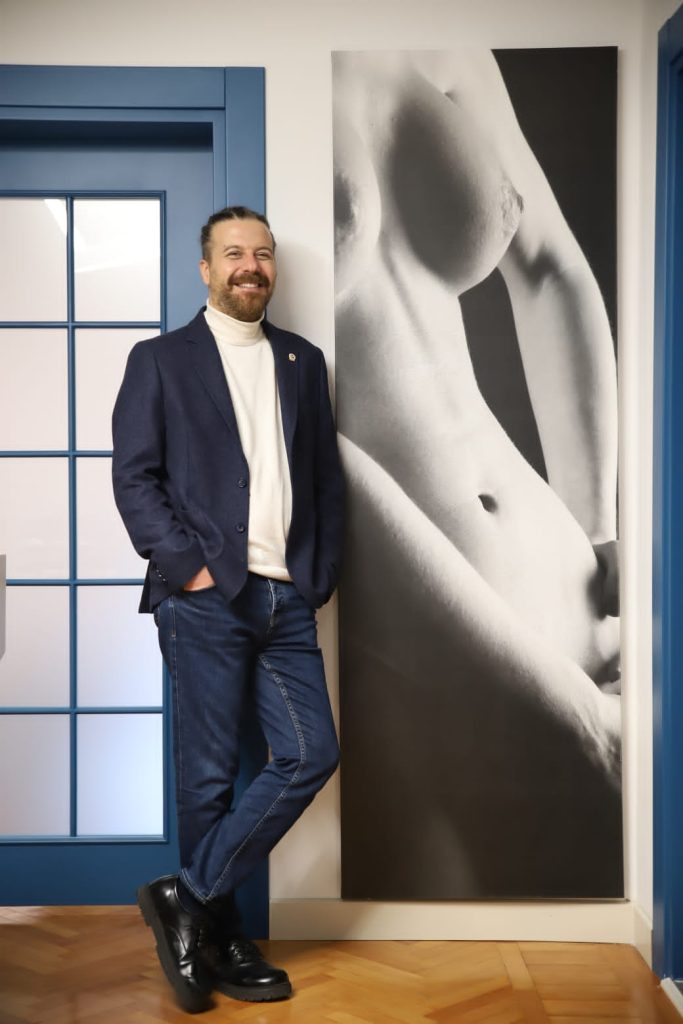
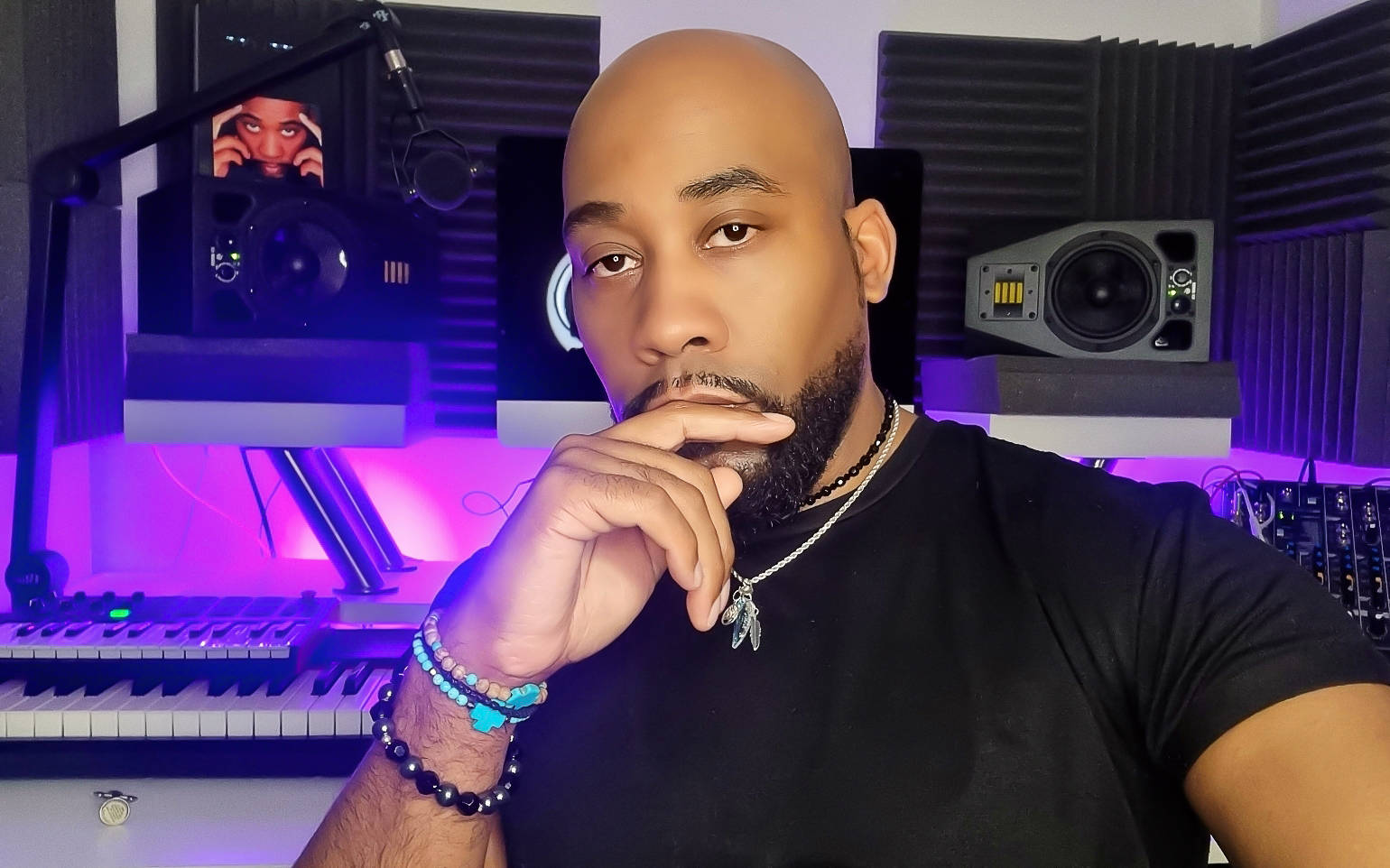
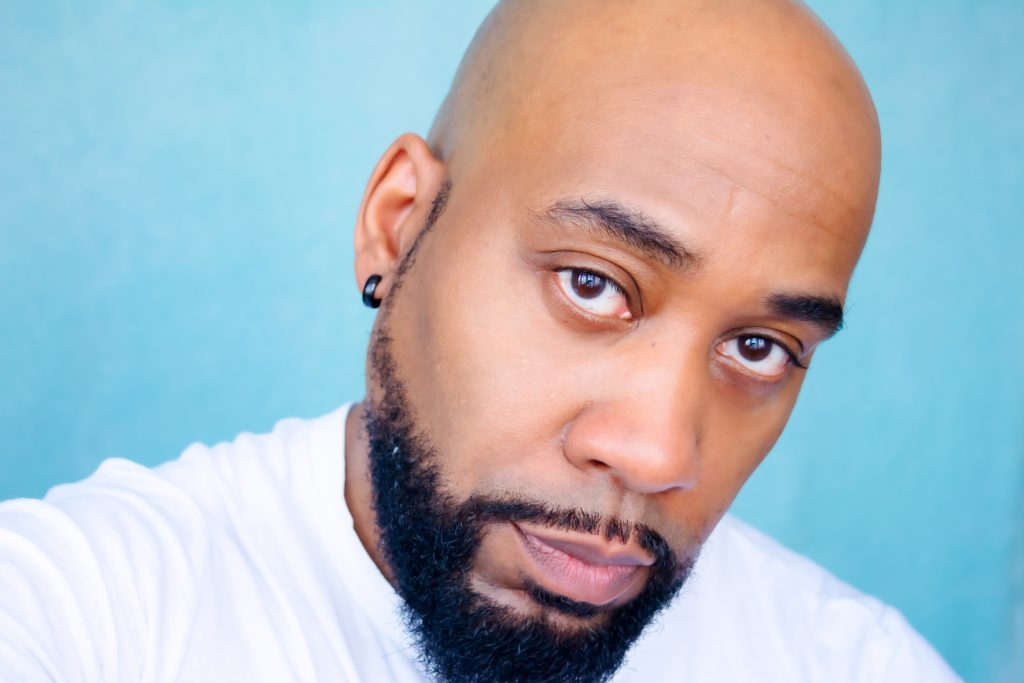


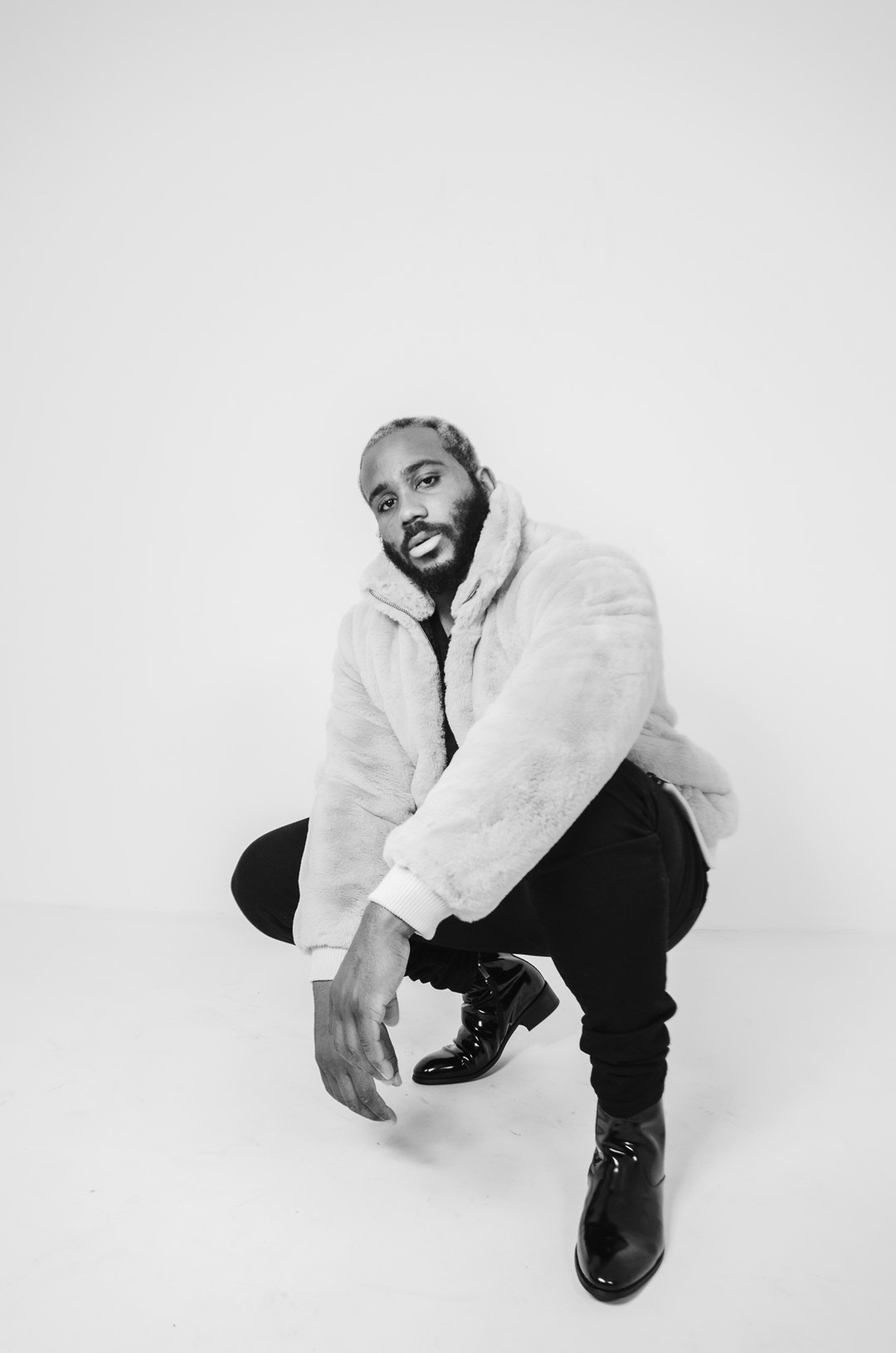
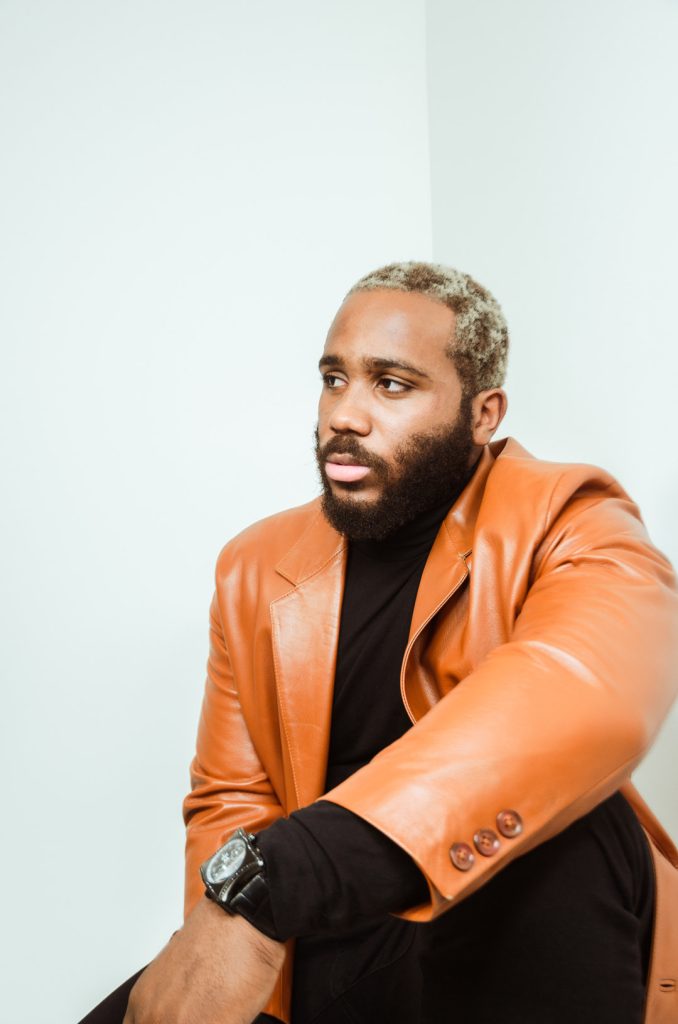
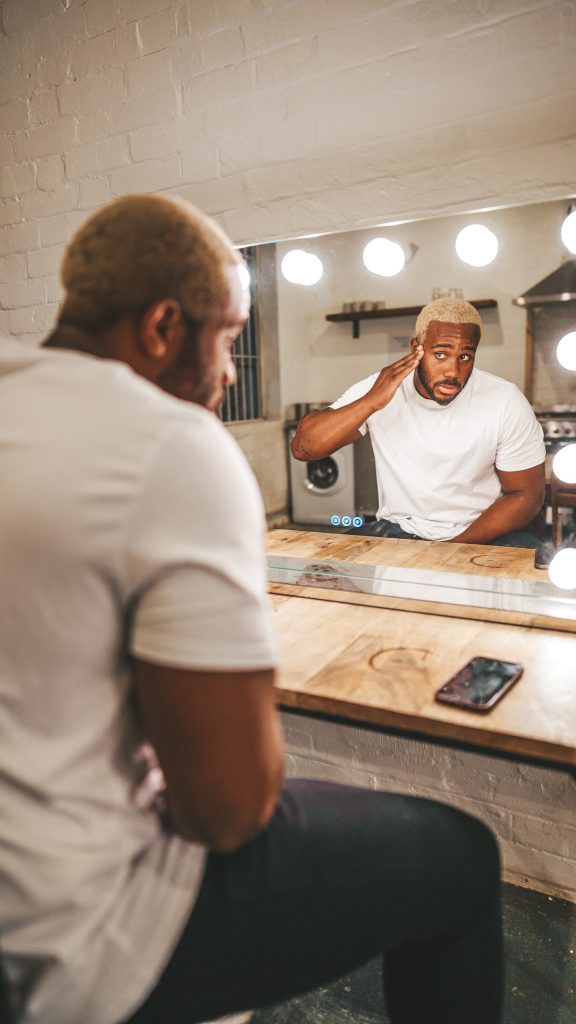
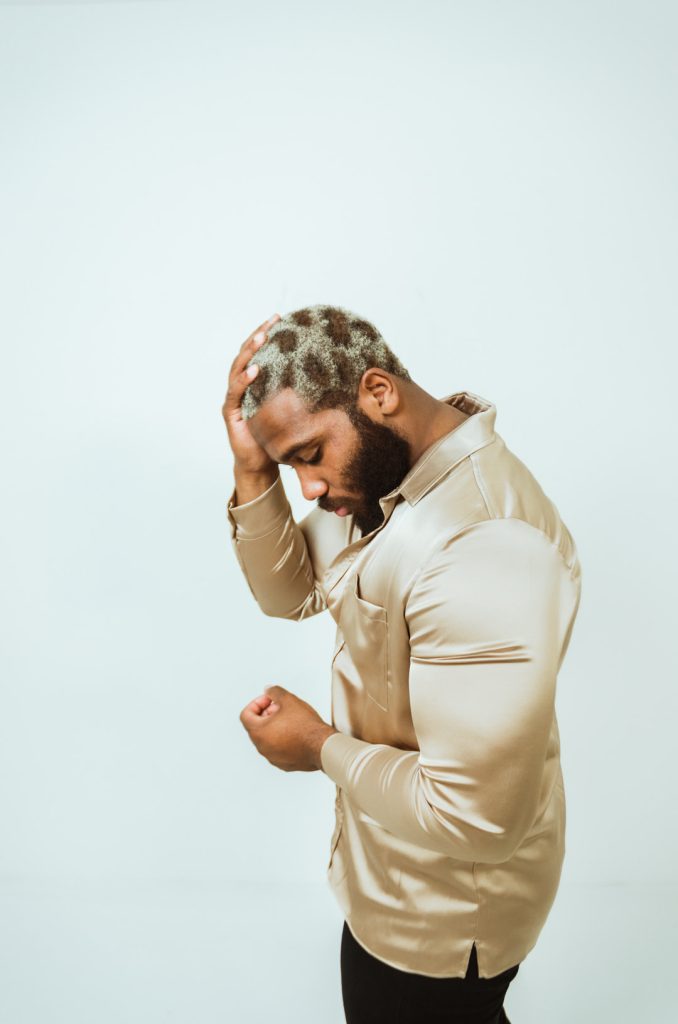
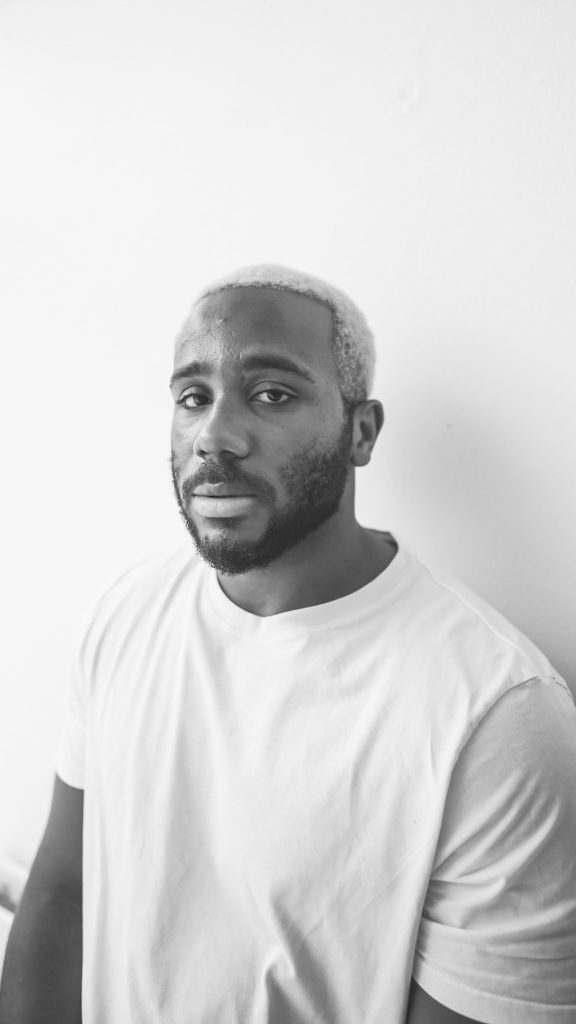
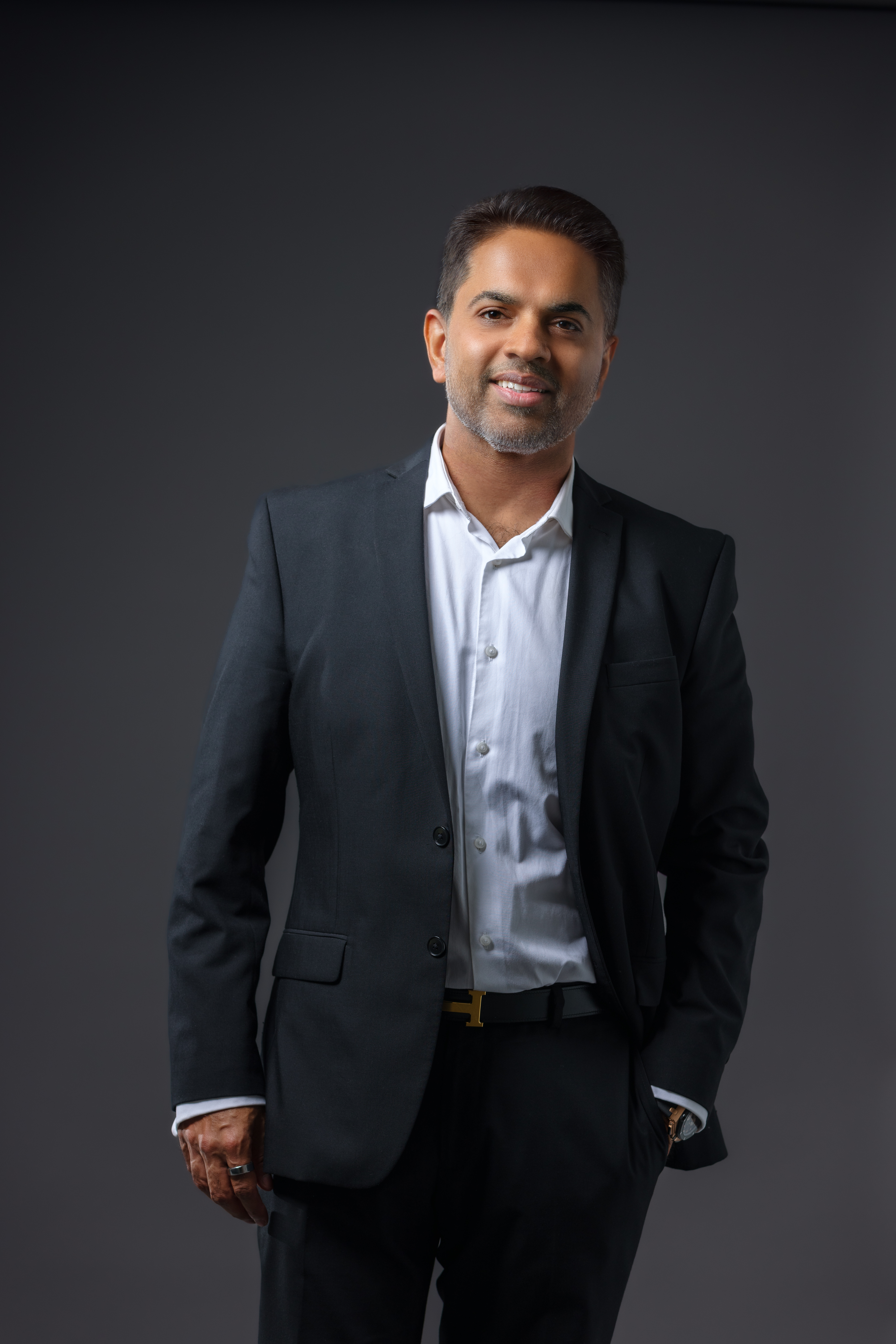


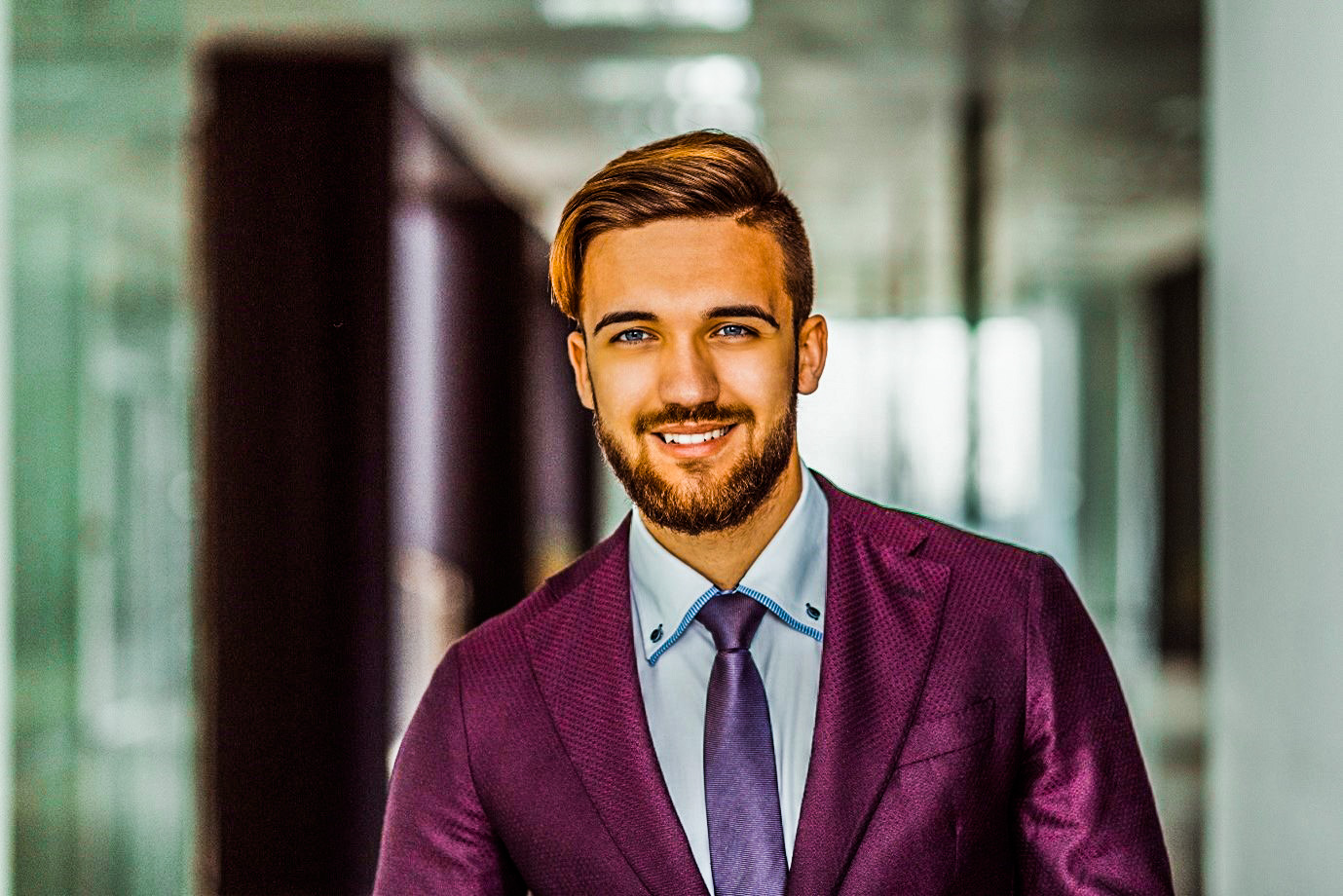

 How We Think
How We Think

